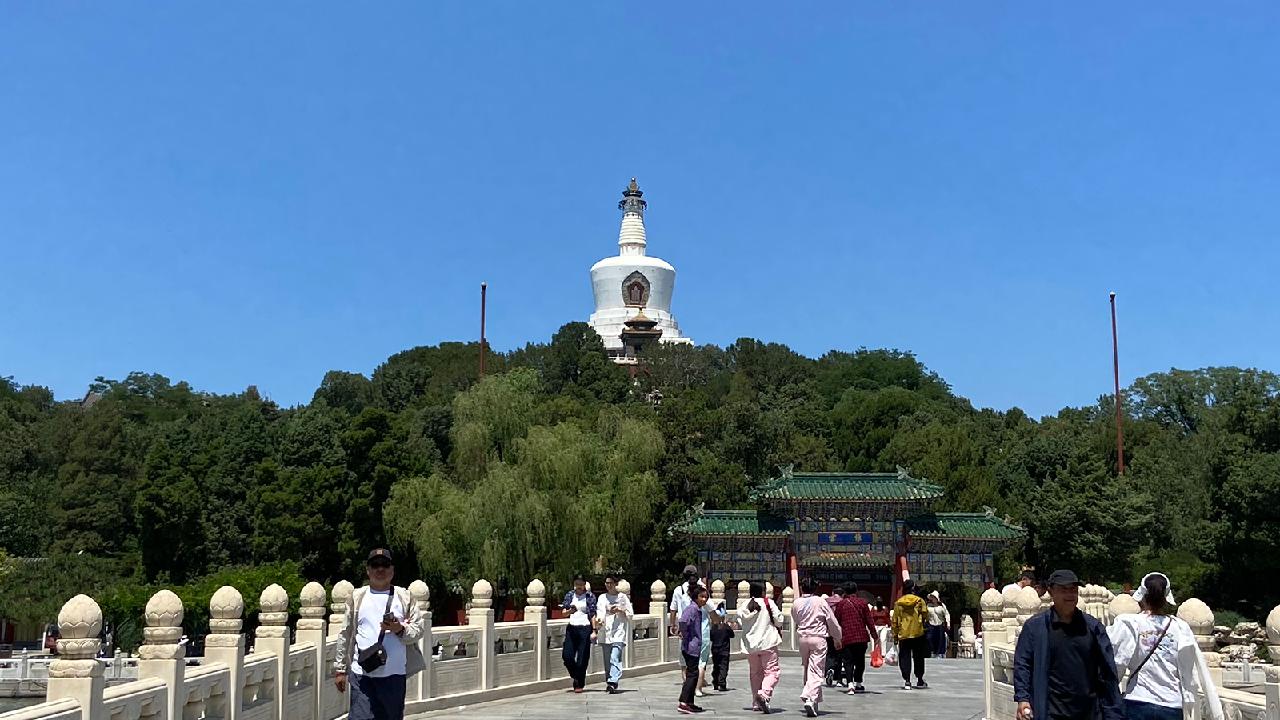Discover the Historic and Natural Wonders of Beihai Park: A Must-Visit Destination
Beihai Park, a historic imperial garden northwest of the Forbidden City, draws visitors with its rich heritage and scenic beauty.

Situated just northwest of the Palace Museum, Beihai Park is a cherished cultural and natural haven in the heart of Beijing. Once reserved for emperors, this sprawling landscape now serves as a tranquil retreat for city residents and global travelers alike. With a sweeping history that stretches back over 800 years, the park remains one of China’s oldest and best-preserved imperial gardens.
First constructed during the Jin Dynasty in the 12th century, Beihai Park has stood witness to centuries of Chinese history. The grounds are dotted with exquisite temples, ornate pavilions, and winding corridors, each echoing the artistry of bygone eras. The park’s crown jewel is the striking White Pagoda, a Tibetan-style stupa perched on Jade Flower Island at the lake's center. This iconic structure dominates the skyline and provides panoramic views of both the shimmering waters below and the bustle of modern Beijing beyond.
Beihai Park’s beauty is heightened by its central lake, which covers more than half of the park’s area. The tranquil expanse of water, known as Beihai or "North Sea," is a favorite gathering spot for locals and tourists. Visitors may choose to wander along willow-lined pathways, observe colorful carp gliding beneath stone bridges, or take serene boat rides, especially popular during the warmer months. The gentle lapping of the lake combined with lush scenery creates an atmosphere of calm that belies the city’s fast pace just a short distance away.
Throughout the seasons, Beihai Park offers a different charm. In spring and summer, vibrant flowerbeds and verdant trees transform the garden into a riot of colors. Autumn brings golden foliage, while winter dusts the park with snow, turning the historic architecture into a picturesque scene straight out of a classical painting. The park’s enduring allure lies in its ability to blend nature with heritage, offering a peaceful escape and a vivid connection to China’s imperial past.




